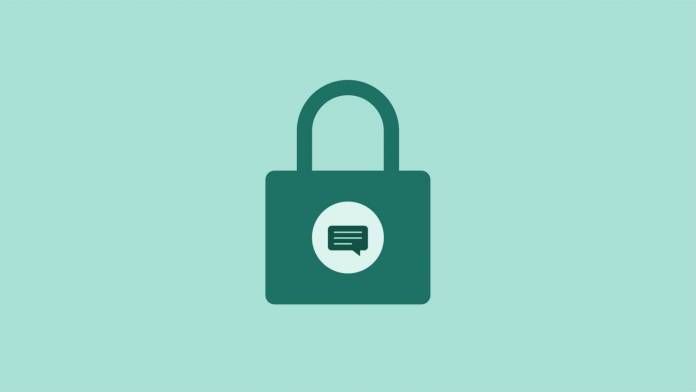
We’ve previously talked about Facebook making some changes and deactivating some features on Messenger and Instagram Direct Message in light of the implementation of the ePiracy Directive in the European Union. The official announcement has now come from Facebook that they are indeed adjusting parts of their messaging service to comply with the data privacy and security protections included in the directive which applies to communication services across the EU starting December 21. Unfortunately, one important aspect of Facebook is also being affected – child abuse detection tools.
The first part of Facebook’s official statement is all about things we already know, that they will be prioritizing the core features of their messaging apps like text messaging and video calling. But what will be affected are some of the advanced features like polls where they will be making some changes to align with the new privacy features. Other features that will be affected will be included in the Help Center but the link may probably work for only in the EU because what we got is a basic help center interface.
But the other thing that will be affected by the ePiracy Directive is Facebook’s child abuse detection tools. Since private messages cannot be screened unless with the permission of all parties involved, they will not be able to detect, prevent, and respond to child abuse material and other forms of harm that may be exchanged over the messaging apps. They are advocating for changes in this area which includes analysis of messaging metadata that point to patterns of abuse.
Child protection advocates have already previously called attention to the fact that the enactment of the policy will effectively prevent automated systems that scan for illegal content which includes child sexual abuse images. But despite warnings, it seems that no changes have been made to the ePiracy Directive to at least address this issue which may prove harmful and dangerous to children not just in Europe but globally where child online sexual exploitation has been a growing problem.
Facebook is hopeful they can work together with European policymakers as well as stakeholders to reach a compromise to uphold both privacy and safety. In the meantime, those in Europe will have a stripped-down version of Messenger and Instagram Direct Message for now.









